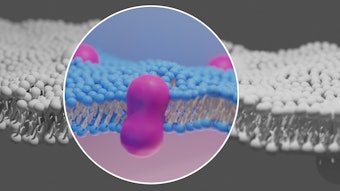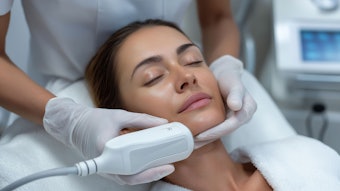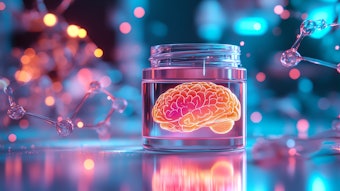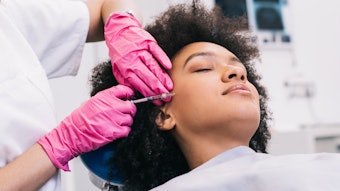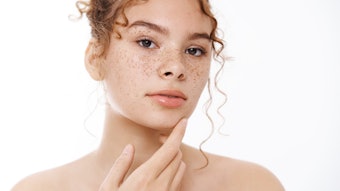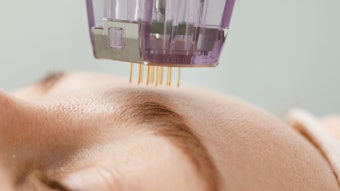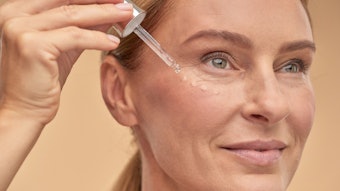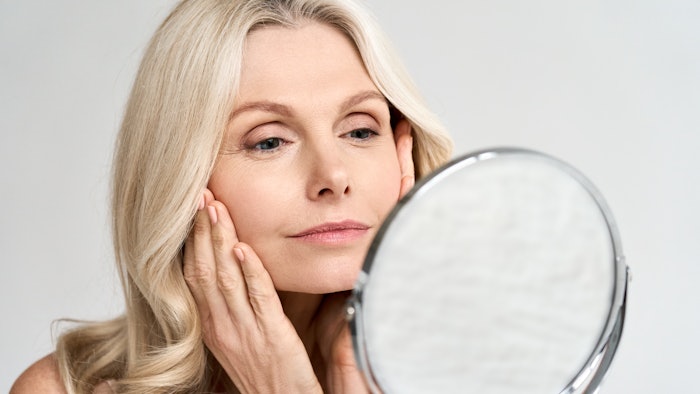
The Aging Process and Self-esteem
The inevitable process of aging is a part of life that humans have been fighting off for centuries, with many consumers willing to go to serious lengths to delay the signs of aging. The relationship between the aging process and self-esteem is intrinsic and is one of the factors that drive consumers to use antiaging products. A recent study, Usage Patterns and Self-Esteem of Female Consumers of Antiaging Cosmetic Products, by researchers Marta Evangelista, et al., was published in the peer-reviewed journal Cosmetics (May 2022). The authors of this study analyzed how the use of anti-aging cosmetic products affects a consumer’s level of self-esteem, particularly female consumers.
When asked what inspired the study, lead authors Professor Isabel Martins de Almeida, Pharm.D., Ph.D., of the Faculty of Pharmacy at the University of Porto in Portugal, Professor Maria da Graça Pereira, Ph.D., and Marta Evangelista, M.S., both from the School of Psychology at the University of Minho, in Portugal noted, “The aging process involves physical and psychological changes, and especially for women, these changes are intensified by the pressure to meet the aesthetic standards of contemporary society, both socially and professionally. As women are the largest consumers of cosmetic products and aesthetic services, with the motivation to maintain a young and beautiful appearance, we wanted to understand the relationship between the consumption of these products by Portuguese women, and their self-esteem, knowing that self-esteem plays a significant role in adapting to the aging process.”
An Integrated Approach
The authors suggest a more integrated approach to addressing patient well-being and the recommendation of anti-aging treatments. Setting realistic expectations and educating patients on the aging process, as well as the various lifestyle habits and aspects of their skin care routine that can impact their skin health can help mitigate psychological morbidity and perfectionism. “Thus,” explains Professors Almeida, Pereira and Evangelista “it is essential that the approach to help women choose the products and treatments be appropriate to their needs and follow realistic expected outcomes, in order to promote adaptive patterns of perfectionism and reduce the psychological morbidity that the non-acceptance of the signs of aging may cause.”
 Professor Isabel Martins de Almeida, Pharm.D., Ph.D., of the Faculty of Pharmacy at the University of Porto in Portugal
Professor Isabel Martins de Almeida, Pharm.D., Ph.D., of the Faculty of Pharmacy at the University of Porto in Portugal
Educating Patients
Better educating patients is another significant part of ensuring the effectiveness of treatments, patient satisfaction and increased self-esteem. “Doctors and medical aesthetics professionals should also support their advice on scientific evidence and provide clear instructions about anti-aging skin care routines and lifestyle habits, and how to use these cosmetic products to maximize their effectiveness,” says Professors Almeida, Pereira and Evangelista. One important factor that is frequently overlooked is the effect of sun damage. Professors Almeida, Pereira and Evangelista add, “For instance, about 30% of the sample did not use UV protection daily. It is important that aesthetic professionals continue to mention that solar radiation is the main factor for skin aging and that the use of sunscreen should be part of the daily skin care routine i.e., those professionals may have an important role in consumers’ education and indirectly promote patient’s self-esteem as well.”
Considering the psychological effects of using anti-aging cosmetic products and their effect on self-esteem can help medical aesthetics professionals make positive changes in the way they treat patients, improving patient self-esteem while encouraging positive adaptation to aging. Professors Almeida, Pereira and Evangelista conclude, “Being positive about getting old and using treatments/products with proven efficacy is the way towards well-aging.”
